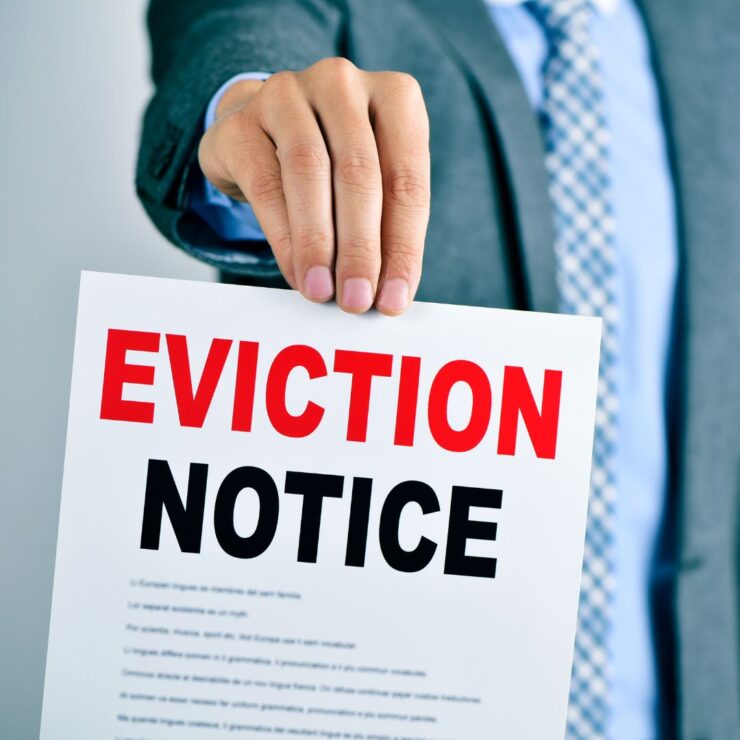Do you love Tacos?
Do you really love Taco Tuesday?
My lovely wife, is sick of Tacos, and hates Taco Tuesday despite the fact that that it makes picking out what’s for dinner on Tuesday night really easy in our house. Our little Tuesday night skirmish is nothing compared to the story I’m about to tell of the origin and current legal war over, “Taco Tuesday”.
Slap on your sombrero and grab a glass of Pepto-Bismol, because the Great “Taco Tuesday War” has officially begun. Not so ironically on TUESDAY, May 16, 2023, Taco Bell turned a simmering battle over the right to use “Taco Tuesday” into an all-out war when they filed a spicy lawsuit against Taco John’s. Their goal? To liberate the beloved phrase from the clutches of trademark protections that Taco John’s has owned and enjoyed for over three decades. What once seemed like a petty legal skirmish over marketing rights has now escalated into a full-blown legal war for the marketing rights to use the phrase, Taco Tuesday and, perhaps more crucially, the honor of being legally responsible for our collective gastric distress on Wednesday mornings. It’s as if the Fast Food Hunger Games have come to real life, except this time, instead of wielding weapons, they’re armed with Tacos and legal briefs. Let the battle for Taco Tuesday supremacy commence, and may fortune favor the most seasoned contender.
The phrase was originally coined by the owner of a Taco John’s franchise in the early 1980’s. He noticed that his worst day of sales was Tuesdays, so he started a promotion that he called, “Taco Twosday” where you got two (2) tacos for 99 cents. This was before our current fight with inflation. As the promotion gained momentum, its catchy phrase naturally evolved into the now-familiar “Taco Tuesday.” This irresistible combination of words rolled off the tongue as smoothly as a perfectly crafted taco, captivating the hearts and appetites of taco lovers far and wide. Recognizing the potential of this cultural phenomenon, Taco John’s sought to secure their claim on the phrase. In 1989, they successfully applied for and received a trademark for “Taco Tuesday,” staking their rightful ownership over the term that had become synonymous with midweek culinary indulgence.
However, Taco Bell had a different idea in mind. Fueled by a burning desire to provide Taco Tuesdays for all, they set their sights on challenging Taco John’s trademark empire. Their argument rested on the belief that “Taco Tuesday” had transcended the realm of branding and become a generic term embraced by taco enthusiasts and food establishments across the nation. With their fiery hot sauces and creative marketing campaigns, Taco Bell launched their legal offensive, determined to liberate the beloved phrase from the clutches of a single corporate entity.
And so, the stage was set for an epic showdown between these fast-food giants. Legal teams armed with guacamole-stained legal briefs and cheesy arguments will clash in the courtroom, battling it out over the fate of Taco Tuesday. As the case unfolds, the world watches with bated breath, eagerly awaiting the court’s decision. Will Taco Bell succeed in their audacious quest to free Taco Tuesday from the grips of trademark protection? Or will Taco John’s defend their claim, protecting their legacy as the originators of this delicious weekly tradition?
The Taco Tuesday War is not just a battle of legal jargon and corporate rivalry; it is a reflection of our deep-rooted love for tacos and the unique culture they embody. It reminds us that even in the realm of fast food, traditions and phrases can hold immense value. So, as we munch on our Tacos and sip our salsa let us brace ourselves for the twists and turns of this spicy legal war. Dare I say, their fighting a war over the, “Whole Enchilada”. May the best Taco Conqueror prevail and may Taco Tuesday forever rein supreme as the tastiest day of the week.

